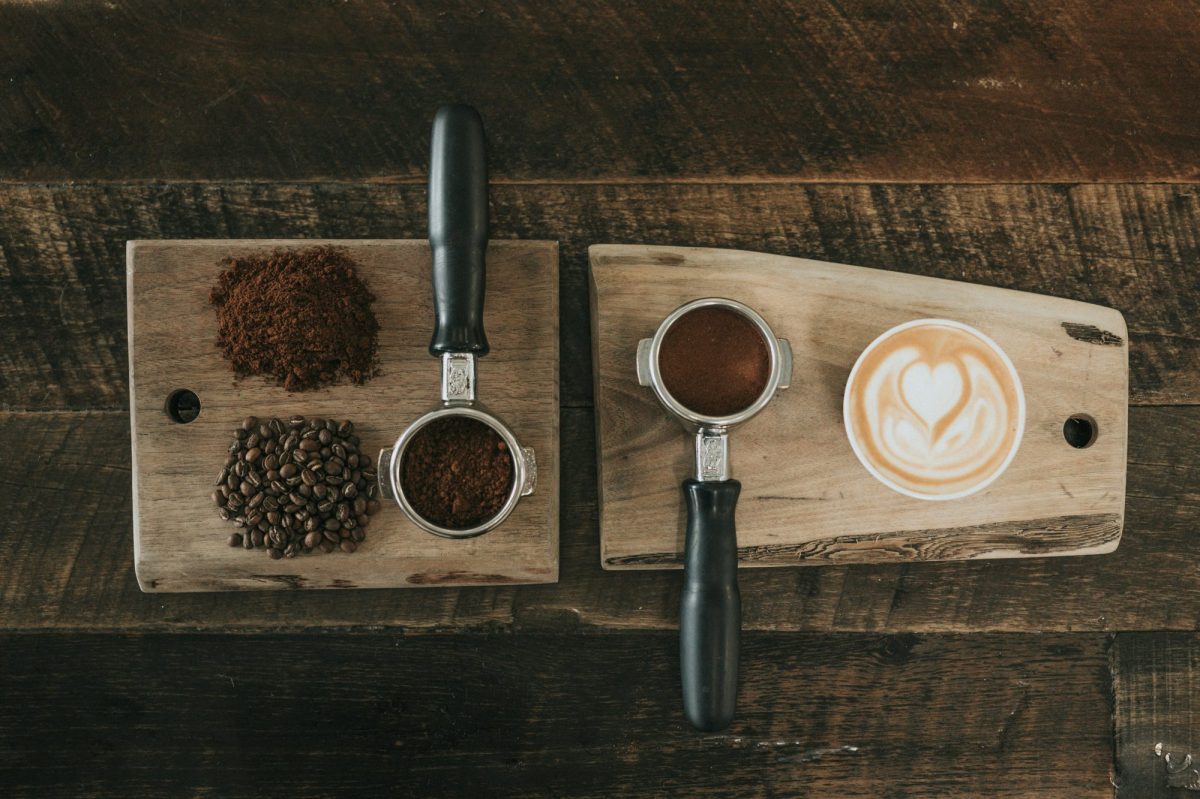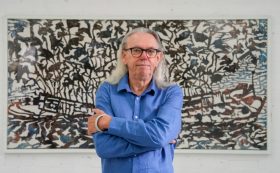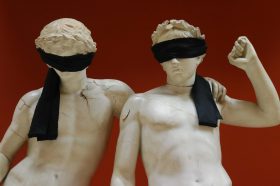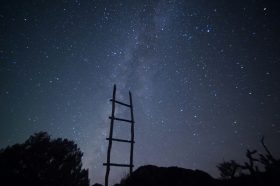The importance of coffee to countless artists’ routines throughout history is undeniable and historic. J S Bach composed a comedic opera about coffee addiction, the Coffee Cantata, which depicts a woman refusing to give up the drink. Artists’ celebration of coffee is near ubiquitous, but its specific role in brain function needs to be correctly understood. Too much coffee triggers anxiety, a troubling aspect of many creative lives.
Coffee’s importance to creative artists has taken on almost mythological status, thanks in part to several stories of creative coffee obsessives. Beethoven famously insisted on 60 coffee beans per cup, forensically counting them every morning. Haruki Murakami similarly insists that coffee rituals are an important part of his creative process. They often appear in his novels.





